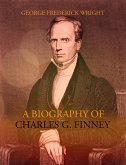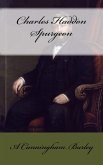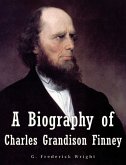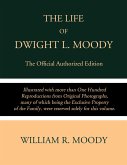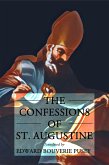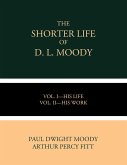In giving it to the public, it is manifestly necessary to present it essentially as we find it. No liberties can be taken with it, to modify views or statements which may sometimes seem extreme or partial, or even to subdue a style, which, though rugged at times, is always dramatic and forcible. Few men have better earned the right to utter their own thoughts, in their own words. These thoughts and words are what the many friends of Mr. Finney will desire. The only changes that seemed allowable, were occasional omissions, to avoid unnecessary repetition, or too minute detail, or, at times, references that might seem too distinctly personal. The narrative is, in its very nature, personal, involving the experiences both of the author and of those with whom he had to do; and to these personal experiences it, in great part, owes its interest and its value. As the narrative presents the memories and heart-yearnings of a veteran pastor, with a passion for winning souls, it is hoped and believed that, in its personal references, it will not be regarded as having transcended the limits of Christian propriety. For the most part, the lapse of time sets aside all question.
Here and there perhaps, the statements in the narrative may seem inadequate, as involving only a partial view of facts. It will be remembered that such partial views belong to all personal observation and opinion, and each one will naturally supply the correction that seems to be demanded.
H. F.
Oberlin College, January, 1976.
Dieser Download kann aus rechtlichen Gründen nur mit Rechnungsadresse in A, B, BG, CY, CZ, D, DK, EW, E, FIN, F, GR, H, IRL, I, LT, L, LR, M, NL, PL, P, R, S, SLO, SK ausgeliefert werden.



